Spending on 'booze, smoking and drugs' at record low
Eating out in restaurants and going on holiday replaces alcohol and cigarettes in British households
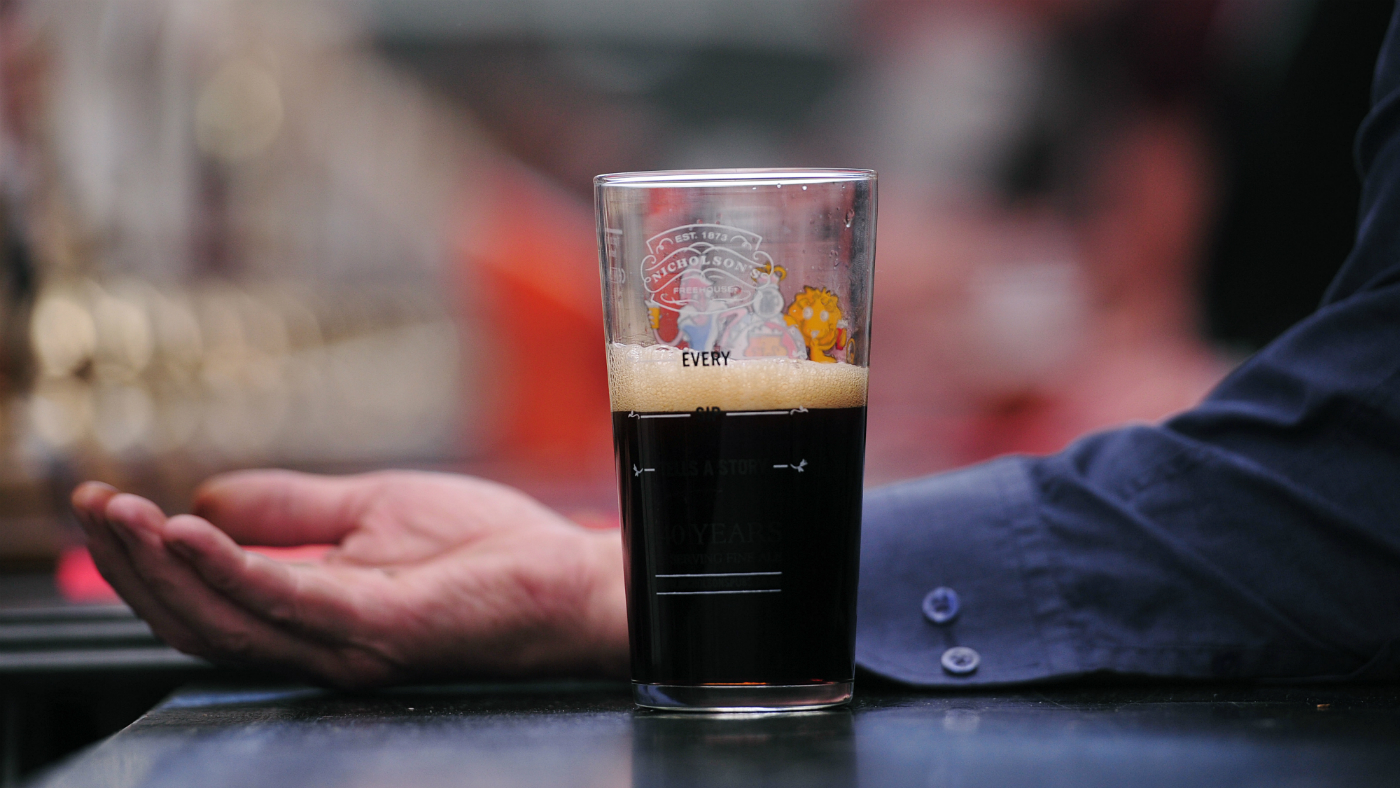
A free daily email with the biggest news stories of the day – and the best features from TheWeek.com
You are now subscribed
Your newsletter sign-up was successful
Britons are spending less money than ever on alcohol, tobacco and narcotics, official figures show.
"Weekly spending on booze, fags and narcotics fell" for the first time since records began in 2001-02, says The Guardian. In the 12 months to March 2016, Brits forked out an average of £11.40 a week.
The paper adds this partly reflects "the decline in the number of people who smoke".
The Week
Escape your echo chamber. Get the facts behind the news, plus analysis from multiple perspectives.

Sign up for The Week's Free Newsletters
From our morning news briefing to a weekly Good News Newsletter, get the best of The Week delivered directly to your inbox.
From our morning news briefing to a weekly Good News Newsletter, get the best of The Week delivered directly to your inbox.
When the Office for National Statistics first collected the figures, the average spend on these items was £20 per week, says the BBC [2].
Trends varied across the UK, with families in Scotland spending £8.90 a week on alcohol compared to the wider average of £7.80, says the BBC.
Scots also spent £4.90 a week on cigarettes, well above the £3 spent in Wales and £2.90 in England but below the £6.60 per week shelled out in Northern Ireland.
In place of smoking and drinking, people are now spending a greater share of their money on eating out and holidays.
A free daily email with the biggest news stories of the day – and the best features from TheWeek.com
Spending on restaurants and hotels rose above £45 a week on average for the first time in five years, says the Guardian, while a further £68 was spent on "recreation and culture".
Overall, spending adjusted to take account of inflation remained unchanged at £528.90 a week, the largest share going on transport and housing, at a combined total of £145.20.
"Households have still not fully recovered from the financial crisis, with family spending still below the levels seen before 2007," adds the Guardian.
-
 Quentin Deranque: a student’s death energizes the French far right
Quentin Deranque: a student’s death energizes the French far rightIN THE SPOTLIGHT Reactions to the violent killing of an ultra-conservative activist offer a glimpse at the culture wars roiling France ahead of next year’s elections.
-
 Secured vs. unsecured loans: how do they differ and which is better?
Secured vs. unsecured loans: how do they differ and which is better?the explainer They are distinguished by the level of risk and the inclusion of collateral
-
 ‘States that set ambitious climate targets are already feeling the tension’
‘States that set ambitious climate targets are already feeling the tension’Instant Opinion Opinion, comment and editorials of the day
-
 Brits keeping 21 million ‘money secrets’ from friends and family, survey reveals
Brits keeping 21 million ‘money secrets’ from friends and family, survey revealsSpeed Read Four in ten people admit staying quiet or telling fibs about debts or savings
-
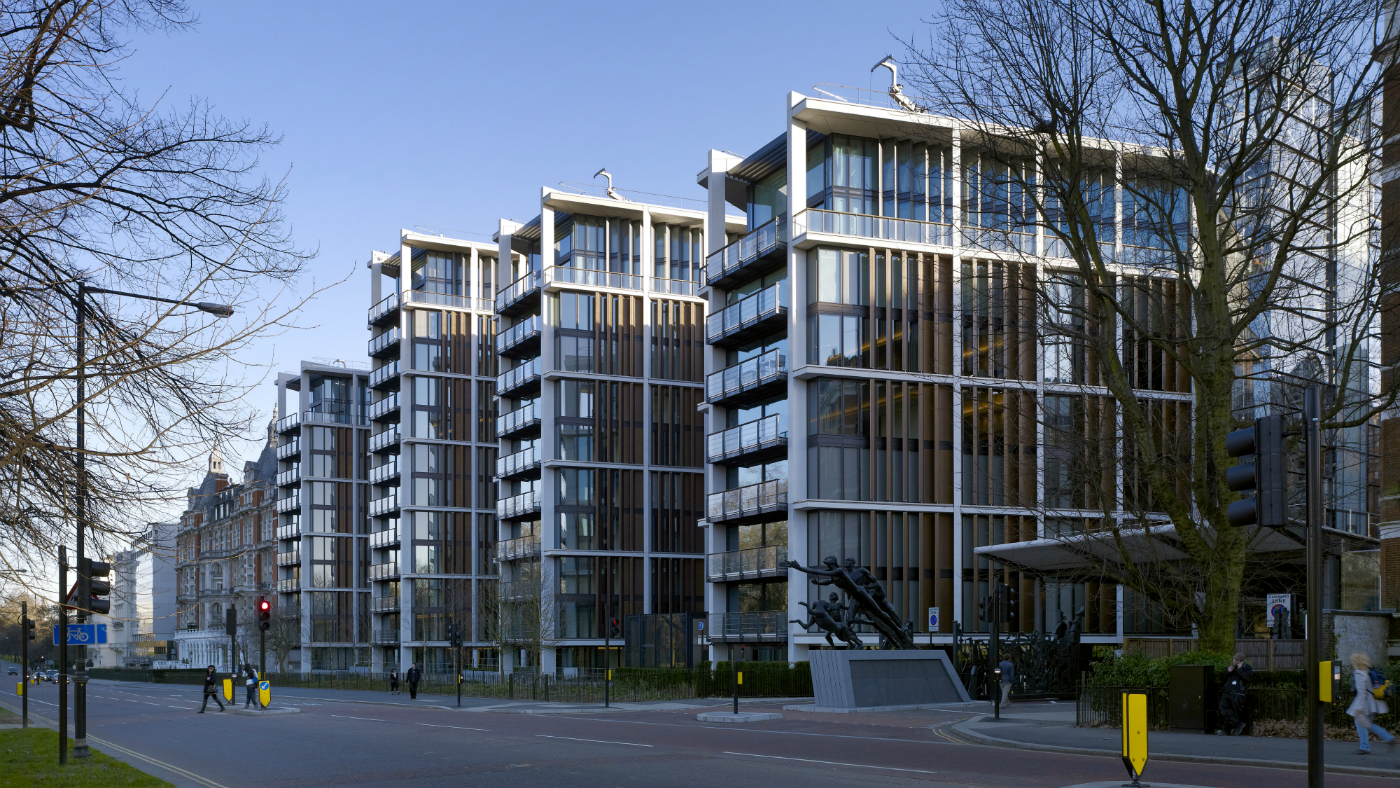 London renters swap cramped flats for space in suburbia
London renters swap cramped flats for space in suburbiaSpeed Read New figures show tenants are leaving Britain's cities and looking to upsize
-
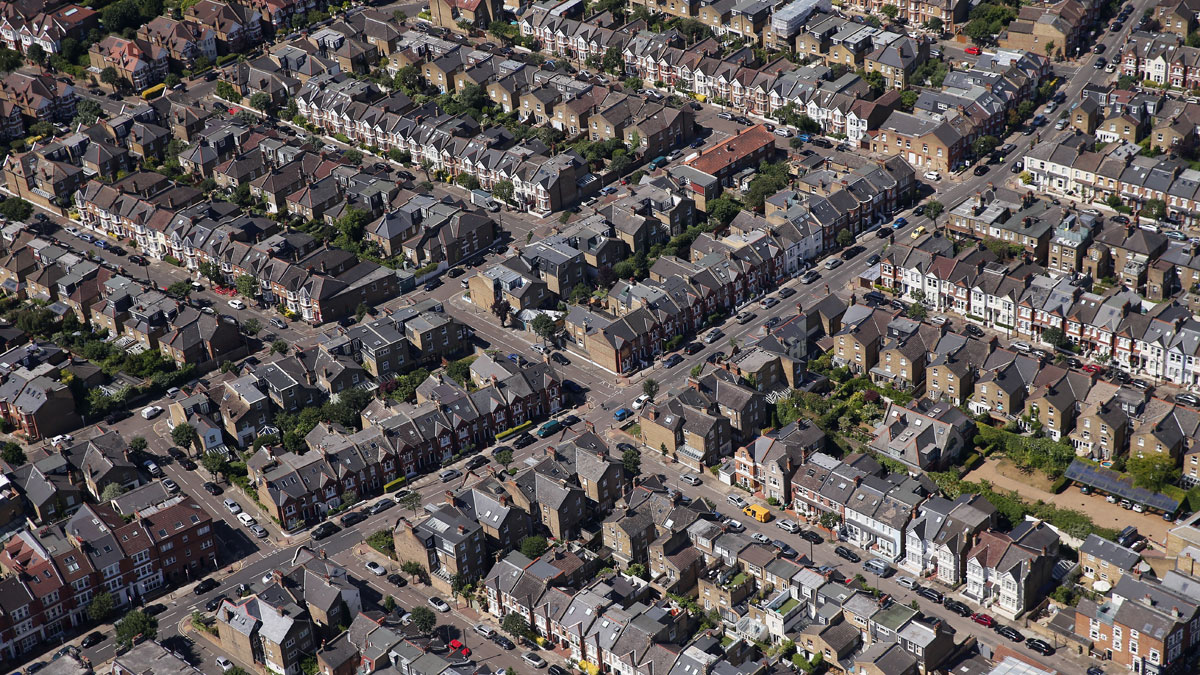 Should the mortgage holiday scheme have been extended?
Should the mortgage holiday scheme have been extended?Speed Read Banks warn that some homeowners may struggle to repay additional debt
-
 RBS offers coronavirus mortgage holidays
RBS offers coronavirus mortgage holidaysSpeed Read Taxpayer-owned bank follows measures taken in virus-struck Italy
-
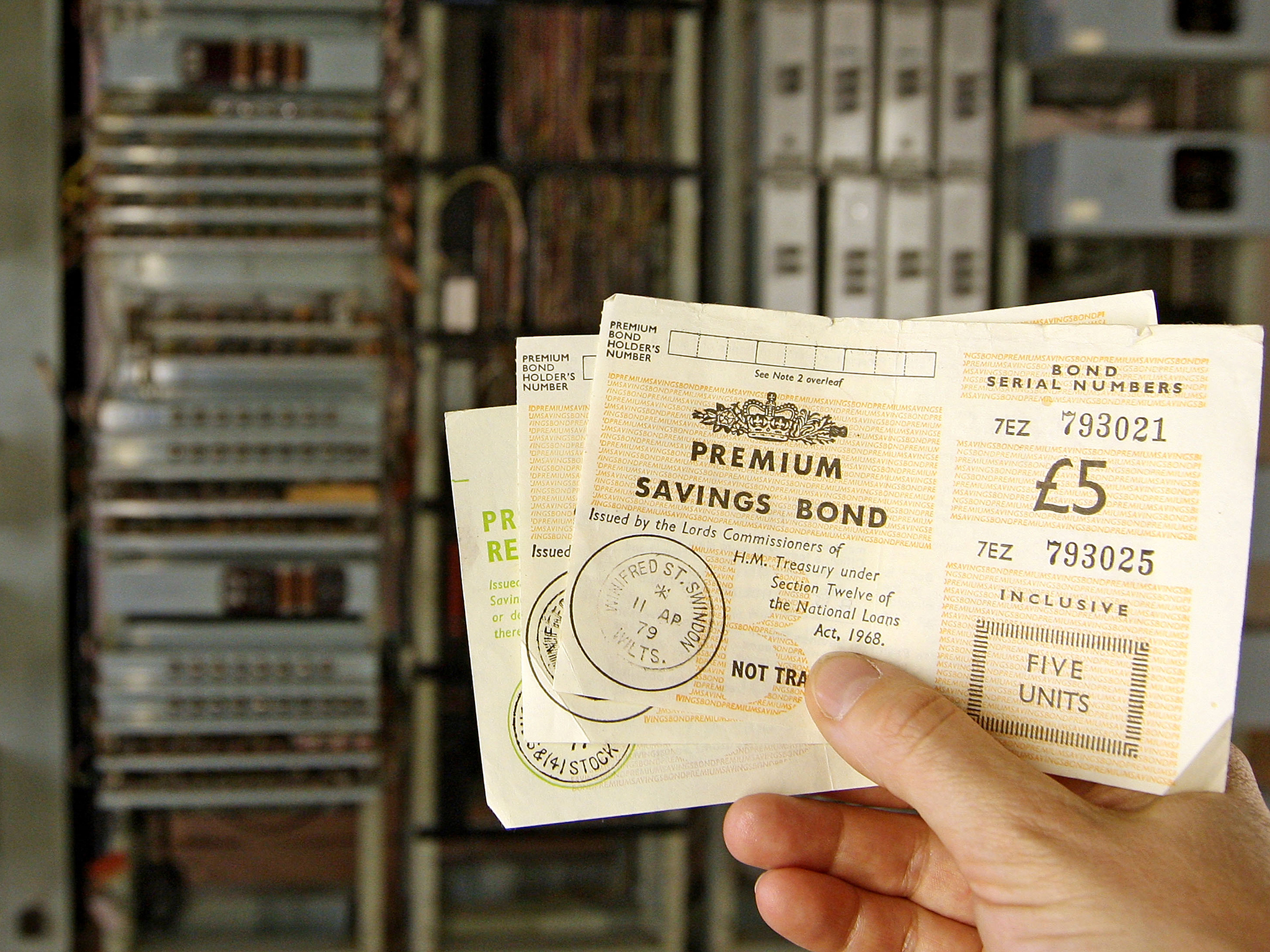 What are the changes to National Savings payouts?
What are the changes to National Savings payouts?Speed Read National Savings & Investments cuts dividends and prizes for bonds
-
 China clears path to new digital currency
China clears path to new digital currencySpeed Read Unlike other cryptocurrencies, Beijing’s would increase central control of the financial system
-
 Why are donations surging to the RNLI?
Why are donations surging to the RNLI?Speed Read Charity enjoys flood of funding after criticism for overseas work
-
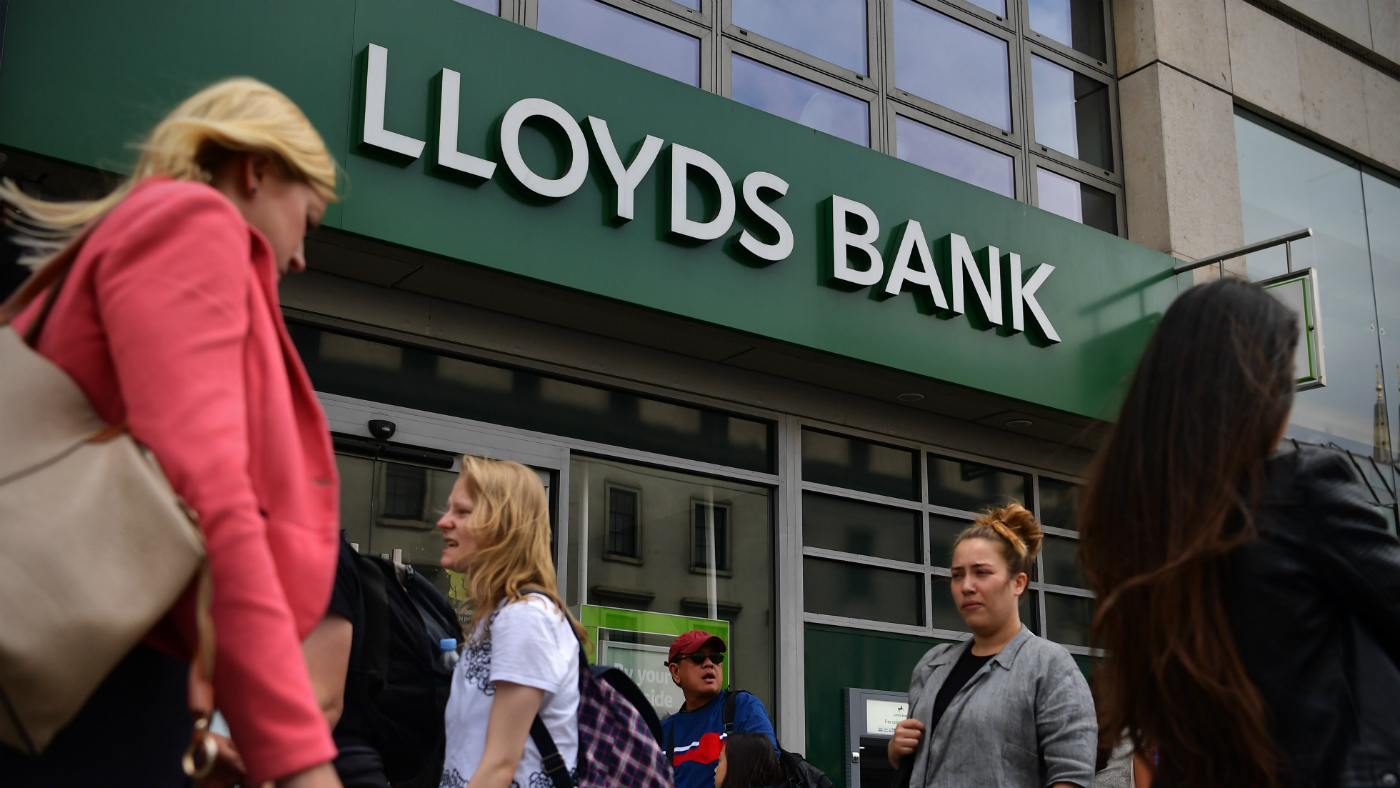 PPI deadline day: how to claim
PPI deadline day: how to claimSpeed Read Final chance for consumers to apply for compensation